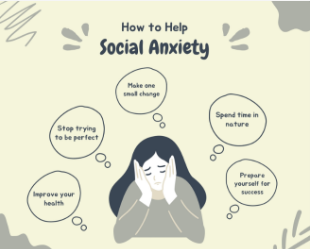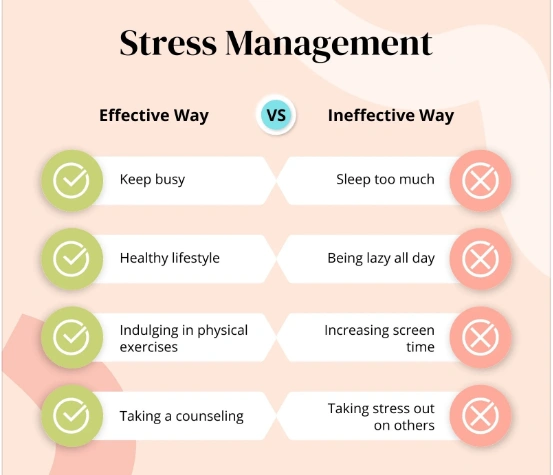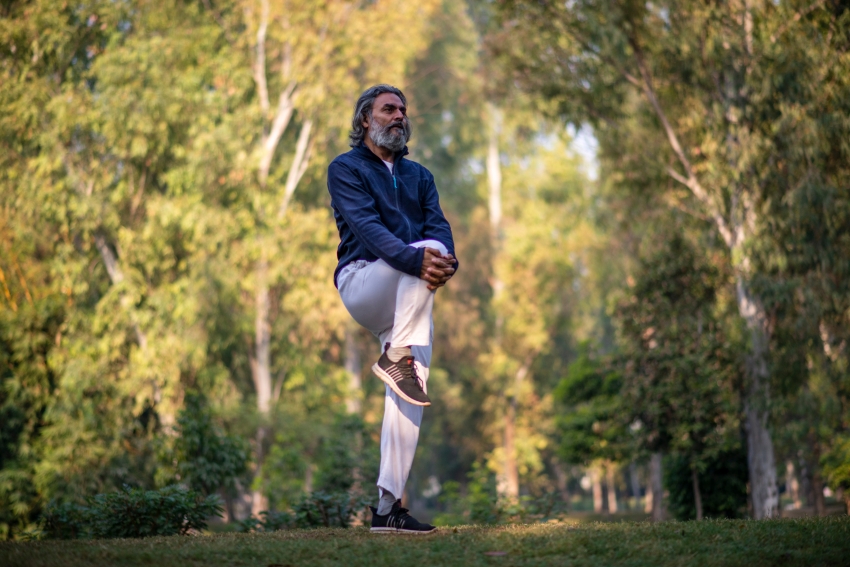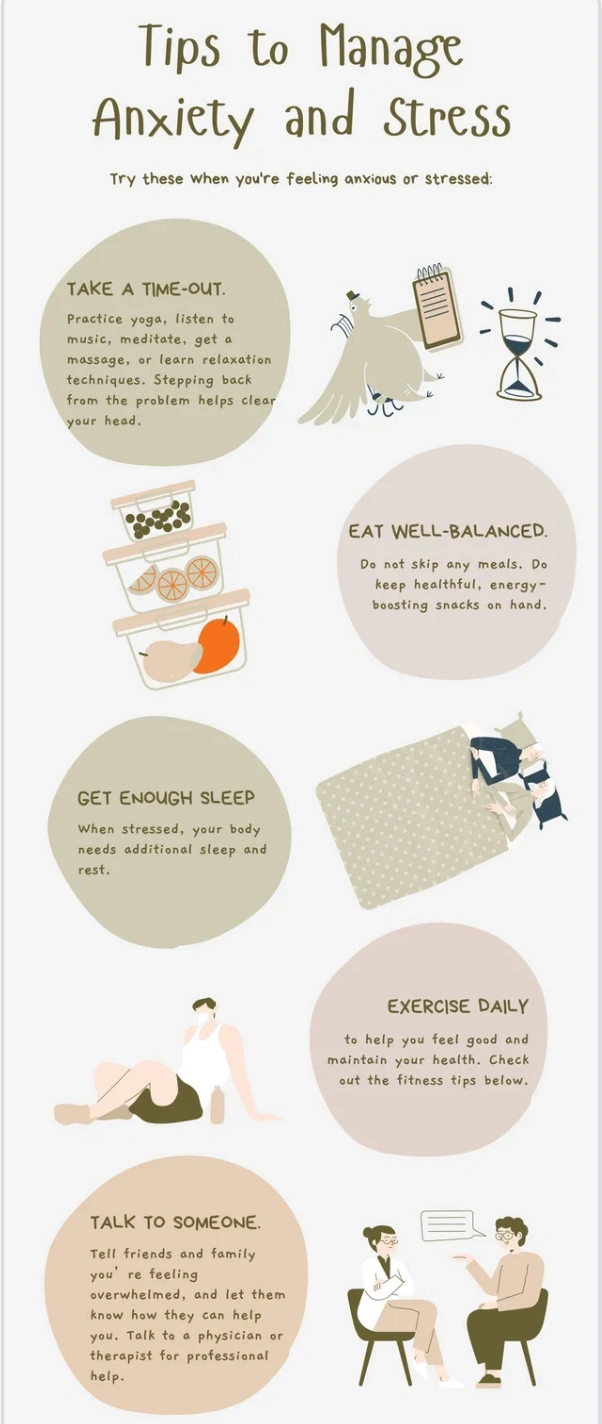What are the tips to reduce anxiety in seniors?
30-09-24
1. Deep breathing and meditation
Meditation and deep breathing have been demonstrated to drastically reduce stress and anxiety levels in a short period of time. Slowing down and breathing deeply can help to lower your heart rate and anxiety symptoms. When you're feeling worried, you can try various sorts of deep breathing techniques, such as:
Abdominal Breathing: Breath deeply from your abdomen rather than your chest.
Equal Breathing: Inhale for four seconds, then exhale for four seconds.
Lion’s breathing: Breathe in through your nose and exhale through your mouth, vocalizing a "ha" sound and allowing your mouth to hang open wide with your tongue out.
2. Eat a Nutritious and Balanced Diet
Certain foods have been demonstrated to alleviate anxiety while still providing necessary nutrients. Among these foods are:
Salmon and other fatty fish
Foods high in zinc include asparagus, eggs, oysters, and cashews.
Vitamin B-rich foods include almonds and avocados.
Aside from eating a healthy diet in general, there are other behaviors you can develop that may help with anxiety disorder.
Every day, have a protein-rich breakfast.
Limit your intake of sugary foods.
Caffeine consumption should be limited.
Keep hydrated.
3. Get Moving
Endorphins—the "feel-good" hormone that functions as an anxiety reducer, mood booster, and general positivity creator—are produced by any sort of exercise or movement.
Here are some enjoyable, low-impact activities and workouts for seniors.
Simple Strength Exercises: Step-ups, shoulder circles, squats, and lunges may all be done with low weights or just your body weight.
Water Aerobics: This practice is excellent for increasing strength without placing undue strain on your joints.
Yoga and Tai Chi are motions that focus on stretching, strengthening, and fostering mindfulness.
Most of these activities aren't tough for older folks, but we recommend consulting with a doctor before making any modifications to your fitness plan to reduce anxiety attacks.
4. Seek Help
Asking for help, especially from close friends or family, can be frightening or embarrassing.
But, getting aid from a family member, friend, or mental health care professional can seem like a weight has been lifted. Many people can feel less worried simply by having someone to chat with. Furthermore, many experts specialize in anxiety and are educated to assist people in properly managing overwhelming emotions or anxiety attack symptoms.
There are numerous resources available to those suffering from crippling anxiety; it simply requires fortitude and courage to seek them out.
Having Fun Despite Anxiety
With the help of these anxiety management methods, you'll be able to properly manage your anxiety and keep it from taking over your life.
Remember, if you fear, you cannot adequately manage your disease on your own, it is better to seek expert help. We feel that mental health should be prioritized for the older population. Don't procrastinate following these suggestions; instead, get started today.



